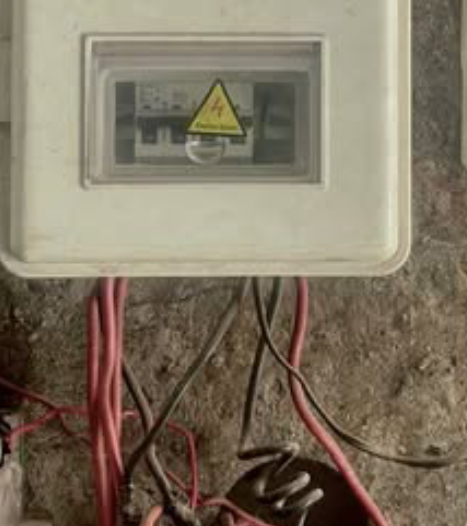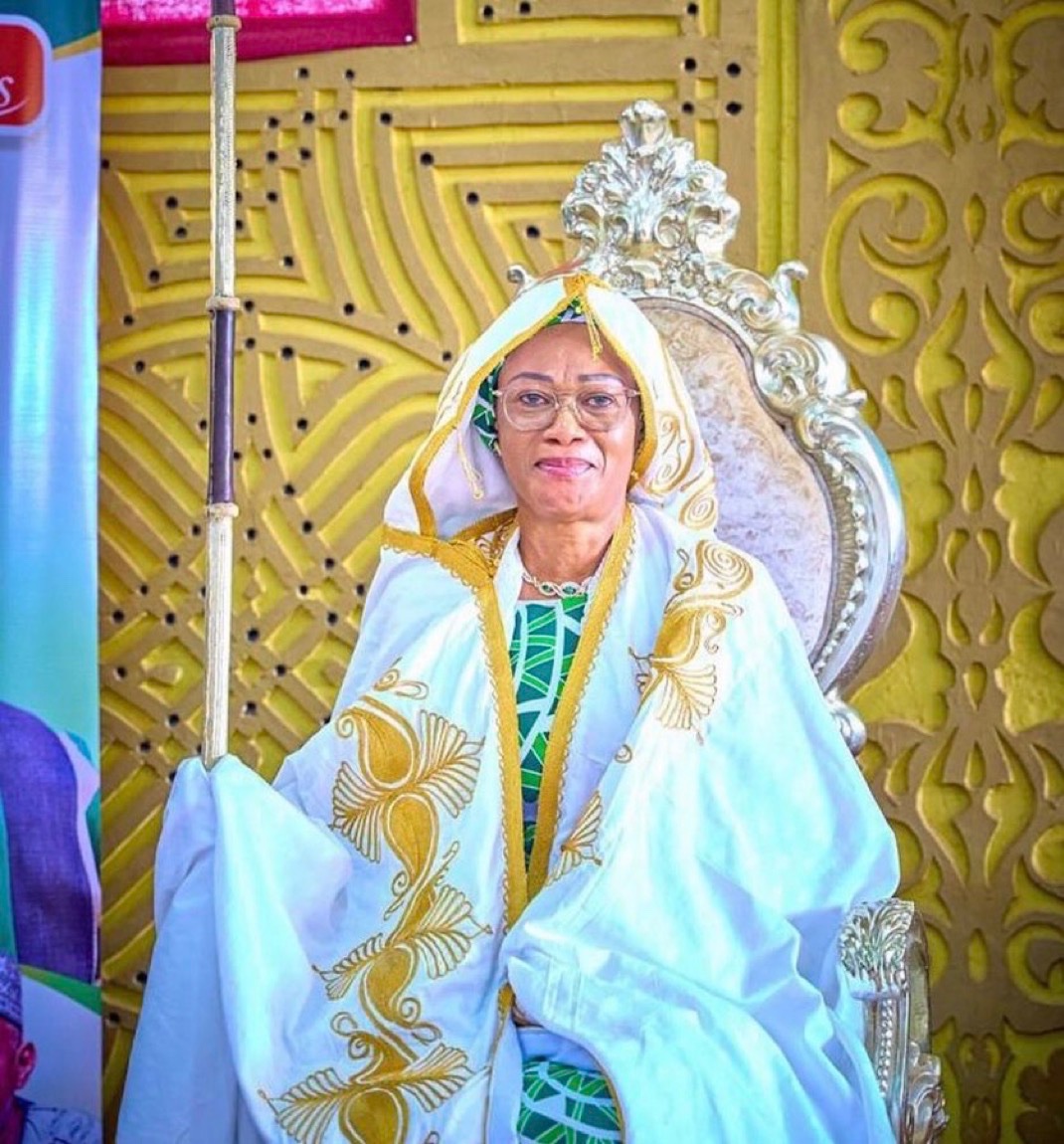
“A Single Mother Can’t Raise a Boy Properly” – Jim Iyke Sparks Heated Debate With Bold Statement on Parenting

Nollywood actor Jim Iyke has once again ignited controversy with his recent statement about single motherhood and the role of women in raising male children, a comment that has since dominated conversations both online and offline. The actor, who has built a reputation for being outspoken and unafraid of public scrutiny, declared that women are naturally built to nurture but not to instill the discipline and male presence required to raise boys into men. His words, “A single mother can’t raise a boy properly. They are not built for it, women are naturally built to nurture. There has to be a male presence,” have drawn strong reactions, stirring intense debates about gender roles, family structure, and modern parenting.
Jim Iyke’s comments come at a time when conversations around single parenting in Nigeria and beyond have become more pronounced, with many women raising children independently due to divorce, separation, widowhood, or absent fathers. His assertion that women are not built to raise boys without a man’s presence has been seen by some as an attack on single mothers who have carried the burden of raising sons successfully, while others argue that he has merely echoed a truth that society often ignores.
The actor, known for his roles as a tough and charismatic figure in Nollywood movies, did not mince words as he emphasized the need for father figures in the lives of young boys. According to him, while women have the natural gift of nurturing, comforting, and providing emotional support, boys require more than affection to grow into well-rounded men. He believes discipline, direction, and identity are best instilled by another man who understands the complexities of masculinity. This statement has now split public opinion, with critics branding it as sexist and outdated, while supporters praise it as a realistic view that acknowledges the importance of male mentorship in a boy’s life.
Social media platforms have since been flooded with comments, many from single mothers who felt the actor’s words were dismissive of their struggles and achievements. Some pointed out that there are countless examples of men who were raised solely by their mothers and went on to become highly successful, disciplined, and morally upright. They argue that love, guidance, and values do not come exclusively from fathers but can be instilled by mothers as well. Others insisted that Jim Iyke’s perspective reinforces societal stereotypes that place unfair burdens on women while excusing absent fathers from responsibility. “So because a man walks away, the woman suddenly becomes unfit to raise her son? That is not just unfair, it is cruel,” one online commenter wrote, highlighting the anger of many who feel his comments undermine women’s efforts.
On the other hand, several commentators have supported Jim Iyke, saying his statement reflects the harsh reality of the modern family system. They argue that while mothers may do their best, there are certain aspects of boyhood and manhood that can only be effectively taught by a father or male figure. Some went further to say that the rising cases of indiscipline, crime, and broken values among young men today are partly because of the absence of strong male role models in their upbringing. “Jim Iyke is not wrong, he just said what most people are afraid to say. Boys need men to show them how to be men. A woman, no matter how strong, cannot teach what she does not know,” another social media user argued.
The debate has also drawn in public figures, parenting coaches, and gender advocates who have weighed in on the matter. While some experts acknowledge the psychological benefits of a child being raised by both parents, they also stress that single mothers should not be undermined or judged harshly. Parenting, they insist, is less about gender and more about commitment, emotional intelligence, and consistency. According to them, children from single-parent homes can thrive just as well as those from two-parent homes, provided they receive love, attention, and proper guidance. Others however note that the lack of positive male figures in the lives of young boys can sometimes lead to identity struggles, especially in societies where traditional gender roles are strongly emphasized.
Jim Iyke’s bold declaration has therefore opened up a wider conversation about the societal expectations placed on women and the shared responsibility of men in parenting. Many critics have accused him of speaking from a place of privilege without acknowledging the realities faced by countless women who are raising children alone, not out of choice but out of circumstance. In many cases, these women not only nurture but also discipline, guide, and provide financially for their children, essentially playing the dual roles of mother and father.
Beyond the backlash and support, the statement also shines a light on the larger issue of fatherhood and the role of men in the family. In many African societies, the idea of men being emotionally distant or less involved in the day-to-day upbringing of children has long been normalized. However, modern conversations around parenting have challenged these notions, urging men to take active roles in the lives of their children beyond financial provision. Jim Iyke’s words, while controversial, have thus reawakened the question: are fathers living up to their responsibility, or has the burden been unfairly shifted to women who are then criticized when they struggle to carry it alone?
In typical fashion, Jim Iyke has not issued an apology or clarification, staying true to his image as someone who is unapologetically blunt. Whether his statement was meant as a societal observation or a critique of single motherhood, the conversation it has triggered shows no signs of slowing down. With Nigeria being a country where traditional family values are still highly regarded but modern realities continue to reshape social norms, his words have struck a nerve that exposes the tension between old beliefs and evolving family structures.
For single mothers who feel disrespected by the comment, many have taken to sharing their personal stories of resilience, narrating how they raised successful men despite the absence of fathers. For others who agree with him, they see this as a wake-up call for men to become more involved and for society to recognize the indispensable role of fathers in raising balanced children. The truth, perhaps, lies somewhere in the middle, with both men and women playing unique roles that complement each other, but with the understanding that life does not always provide the ideal circumstances.
Jim Iyke’s statement may be seen as divisive, but it has undeniably sparked a necessary conversation about parenting, gender roles, and societal responsibility. Whether one agrees with him or not, what cannot be denied is that his words have forced society to look again at the roles men and women play in shaping the next generation. And in a world where family structures continue to evolve, the debate over whether a single mother can properly raise a boy will likely continue for years to complete.


